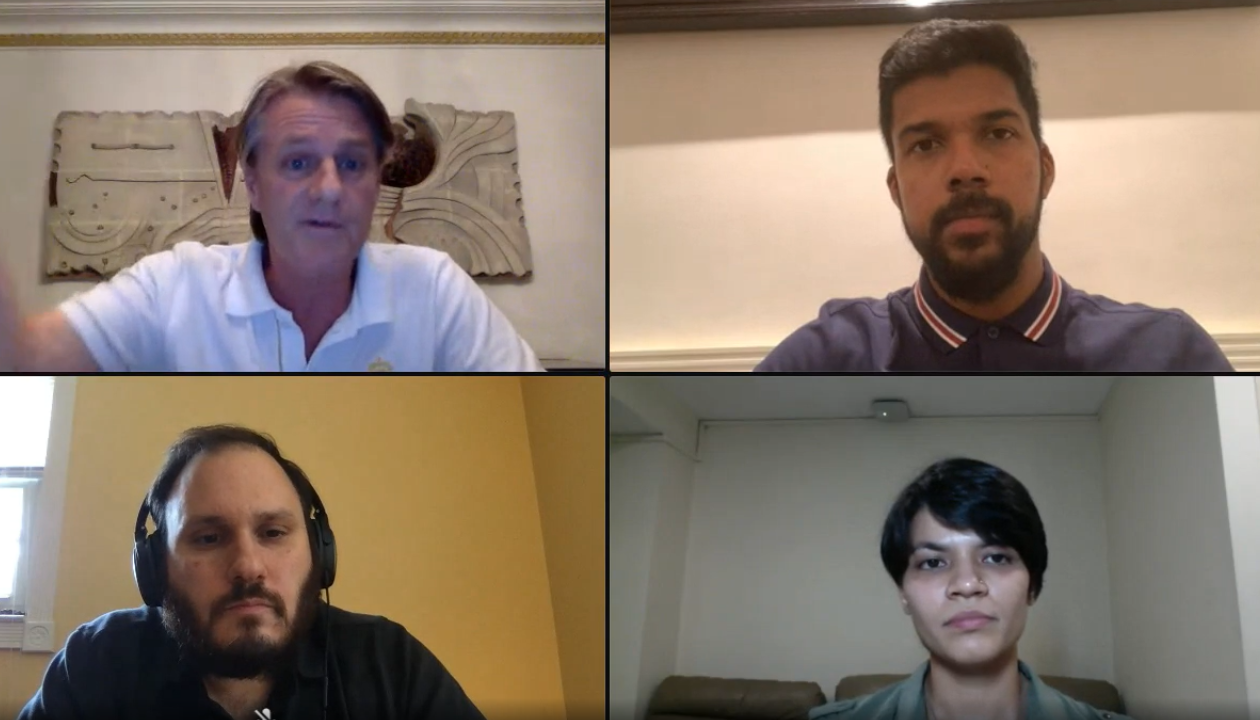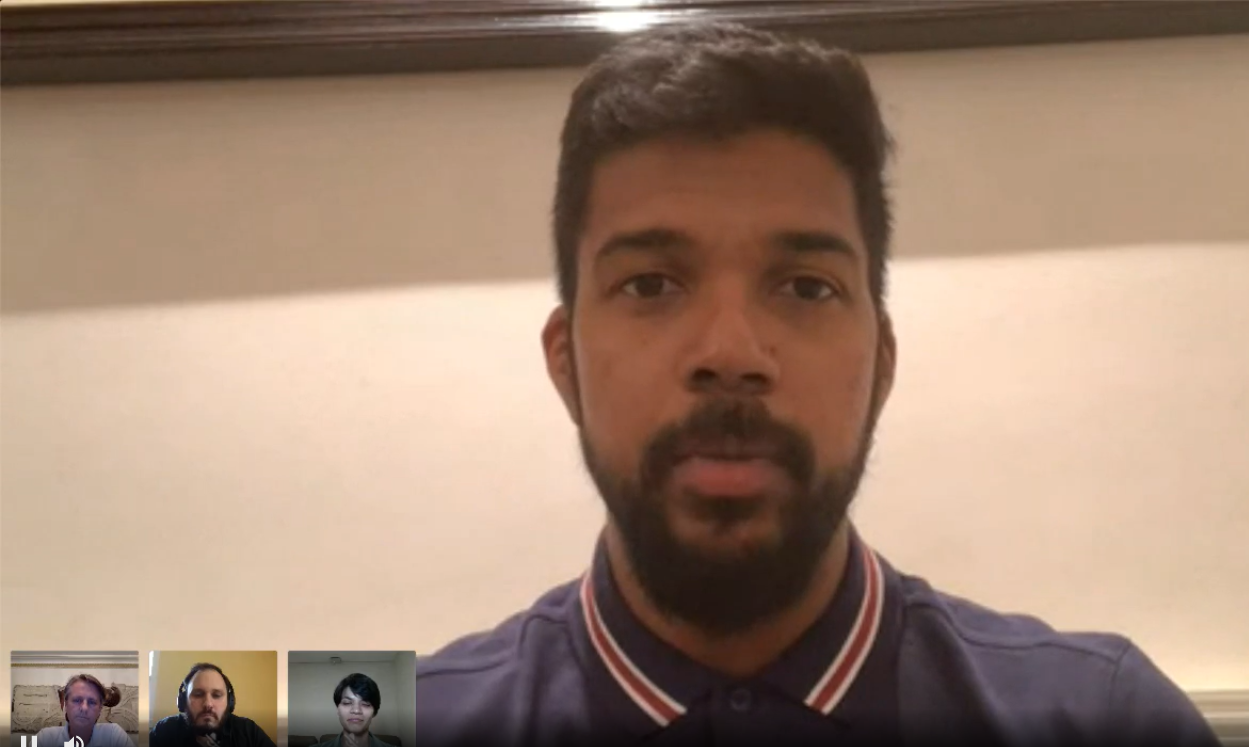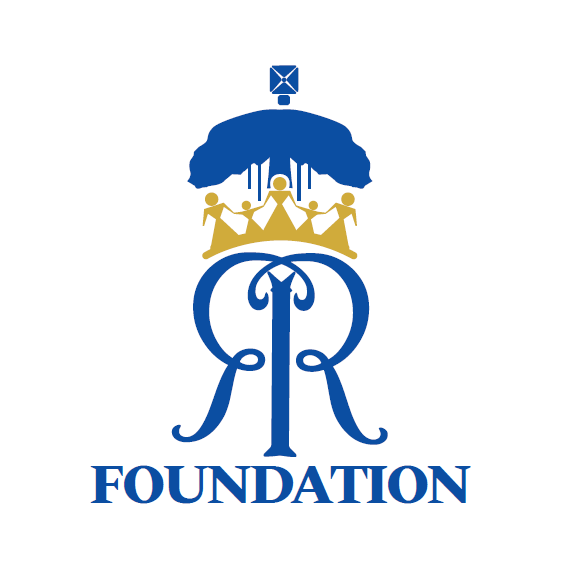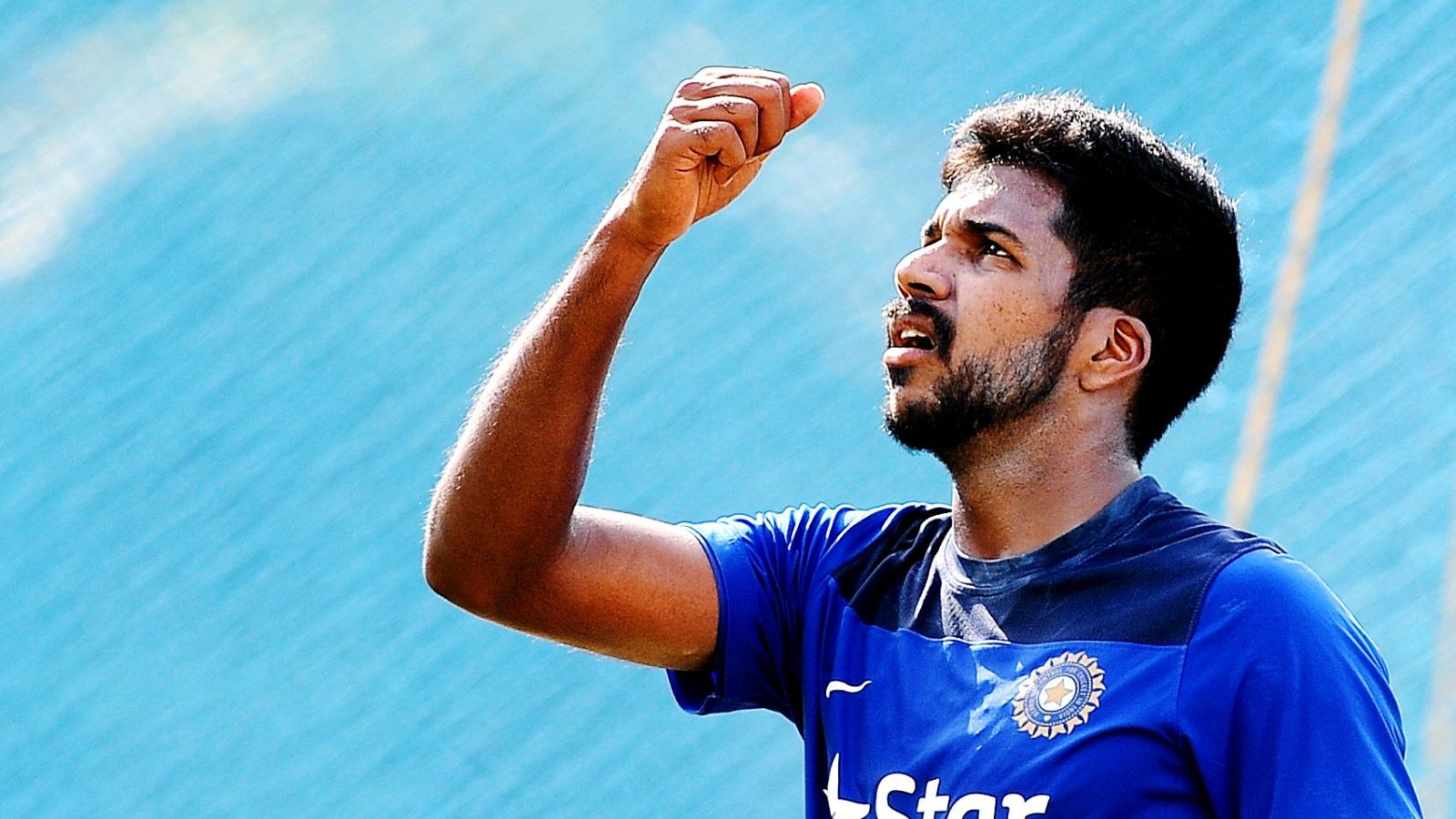Carrying the mental health insight to its third week, Royal Conversations’ ‘Mind, Body & Soul’ returned with India and Royals speedster Varun Aaron as he spoke about overcoming adversity and the mindset required to be a sportsperson.
Aaron was joined by Rajasthan Royals Physio John Gloster, sports scientist Durva Vahia and Scott O’Brien from the McLean Hospital in the third and last chat of the series on how to tackle some difficult, sensitive subjects with a happy mind. Mind, Body & Soul was a virtual series by Royal Rajasthan Foundation, the philanthropic arm of Rajasthan Royals. Here are some of the key takeaways from the conversation:

Qualities of a sportsperson
“I feel being resilient is one of the qualities that is must for any sportsperson to make it and sustain at the top. For me, with the kind of injuries I’ve experienced, I have probably needed to be more resilient than the average cricketer. End of the day you can either look at it as a struggle or as a great learning,” Aaron shared.
“I’ve had eight stress fractures in my back and two have broken off, so I can easily look at it as a struggle but honestly, to me it isn’t. I feel I’m really privileged to be one of the few to play Test and One-day cricket for India, representing the country at the highest level, getting to play the IPL for Rajasthan Royals.”
Learning from adversity
“It’s just different perspectives, I personally look at it as a journey from which I’ve learnt a lot. These setbacks teach you how temporary things could be and to value everything you have, not just the materialistic things but also relationships you make along the way,” said the cricketer.
So what should one do when faced with a hurdle? “I feel the individual going through something like this should just stop and see what they could learn and not just feel low and disappointed,” he suggested. “I look at it and feel that there are people who have it way tougher than what I have and that I am really privileged to be in the position I am in.”
Choose to be happy
“I learnt at a very young age to create a bubble around me wherein I would do the things that I love—like cooking and fishing. Like in my growing up days I would collect stamps, now I collect radios. Yes, I had this bubble around me but I was still aware of everything happening around me. I remember people at the NCA (National Cricket Academy) would look at me almost saying that, ‘Oh, this guy’s here again,’” and I would just laugh in my head because I know they had no idea what I was going through with my injuries.”

I have always tried to have friends and people in my bubble who would care for me no matter what, whether playing for the country or not.
“I’ve always tried to have friends who value me more as a person rather than the cricketer. I have been sensitive to this for a long time, the people who respect you as an individual, those bonds I think last longer and you’re never isolated when you’re with such people because they’re constants irrespective of success and failure.”
Stay grounded
“Today I see a lot of youngsters forget where they’ve come from and their roots and what their journey has been ever since they were kids. A youngster, say 21 or 22 (years old), gets a massive IPL contract, (he) will go straight from wearing certain normal clothes brand to certain branded clothes and think that’s his identity. Yes, he has worked hard for that contract but as an individual one should never forget their roots.”
On youngsters unable to distinguish between what’s real and what’s not, Aaron felt “they tend to forget to respect for the people who were part of their journey. When I made my Ranji Trophy debut, I wasn’t scared of my seniors but I had a lot of respect for them. I wouldn’t swear in front of them and talk discreetly to my counterparts. Nowadays I think that line of respect between seniors and juniors is really getting blurred.”
On beating the blues
Talking of the lowest point in his career, Aaron said: “It would probably be the time I fractured my back right before the operation. I made my debut for India and then straight away was picked for the tour of Australia, which is really a dream for any fast bowler. I was dreaming of bowling on the Perth pitch. And then suddenly I had an injury, turned out to be a stress fracture, I was like: Alright when I’m fine I’ll be back again.”
“Then I went into the IPL and absolutely did my back again then went into rehab. So, at the end of my rehab, when I was close to being match fit, I hurt my back again. I straight away told the physio that something doesn’t seem right, the physio said to me, ‘You’re not going to have kids if you go for so many scans,’ but I wanted to be sure and it turned out to be a stress fracture again, that too in rehab! When later I went back and thought about it alone, it only made my resolve stronger because previous to that I had already had three stress fractures and came out of it, this was my sixth. So, I said to myself, if I can do three, I can do six too.”
“The main thing for me though was that I had a really good support system, the BCCI took really good care of me. The MRF Pace Foundation, my family and friends have always been there for me and took a lot of the load off me. If anybody says they did all of it alone, it would not be true.”
Mental health and children
As a sports scientist, Vahia felt that it would not be easy for young kids to understand mental health. “Sometimes it is ok for them to not understand what you’re trying to get them to do,” said. “Players might not understand mental health but if you ask them how they’re feeling, they’ll talk about it themselves. You need to frame how you approach a topic instead of telling the kids, you need a multi-dimensional identity or hobbies to cope with stress, just ask them what else they do and what they do outside of sports. Take an interest in their lives, ask them about their school.”
“What that does is even if they don’t give you an answer, at least they think about it. They go home and think, ‘Oh, how was school, or how are my friends or what’s the other hobby that I have’. So, even if they don’t respond to you, you have that idea in their head that yeah, you’ve more than sport.”
Talking of the present stress of the lockdown, she added, “We’ve continuously asked the kids about what they’re doing outside of sports and fitness because you are meant to do these other things because it can get really stressful. If you ask them continuously then maybe the stigma comes in and they become hesitant to speak. What we must do is find different ways and approaches to interact with them and help them through the adults in their lives. Ask them ‘who they are’, ‘how they are’ instead of talking about the session. Ask them if they enjoyed the session, if not why instead of attacking them, it’s a two-way street!”
(You can find the first conversation with former Indian captain Rahul Dravid here, and the second talk in the series with Robin Uthappa here)


